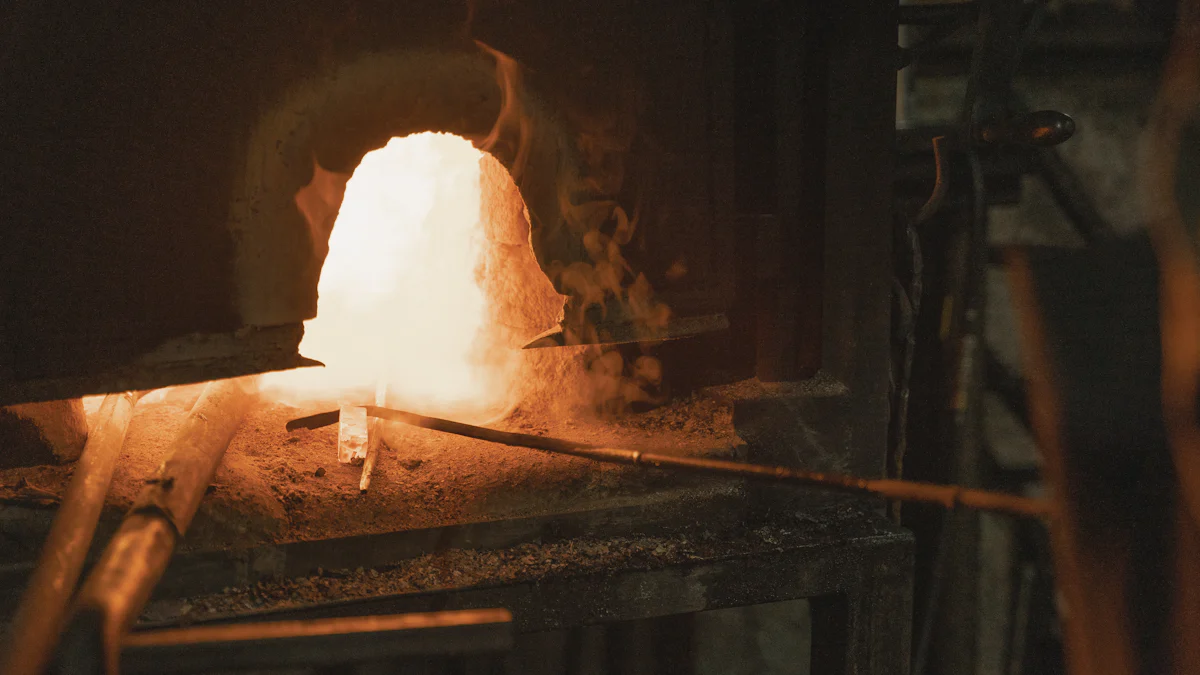What Type of Furnace is Most Energy Efficient?

Energy efficiency in furnaces is crucial for determining what type of furnace is most energy efficient. Understanding the significance of efficient heating systems not only benefits the environment but also leads to substantial cost savings. With various furnace options available, homeowners can explore gas, electric, oil, propane furnaces, and geothermal heat pumps. Each type offers unique features impacting energy consumption differently.
Understanding Furnace Types

Gas Furnaces
Gas furnaces operate by burning natural gas to generate heat for your home. The process involves igniting the gas in a combustion chamber, where the heat produced warms up the air that is then distributed throughout the house.
How Gas Furnaces Work
- Gas furnaces ignite natural gas in a combustion chamber.
- The heat generated warms up the air.
- The warm air is then circulated throughout the house.
Energy Efficiency of Gas Furnaces
Gas furnaces are known for their high energy efficiency due to their Annual Fuel Utilization Efficiency (AFUE) rating. This rating indicates how effectively the furnace converts fuel into usable heat energy. A higher AFUE percentage means more efficient fuel usage and lower energy costs over time.
Electric Furnaces
Electric furnaces rely on electrical resistance coils to produce heat. When electricity flows through these coils, they generate warmth, which is then dispersed through the ductwork system to provide heating in different rooms.
How Electric Furnaces Work
- Electrical resistance coils generate heat when electricity passes through them.
- The produced warmth is distributed through ductwork to heat various areas of the house.
Energy Efficiency of Electric Furnaces
Electric furnaces boast high energy efficiency with AFUE ratings typically ranging from 95% to 100%. This means that almost all the electricity consumed is converted into usable heat, making electric furnaces an environmentally friendly choice.

